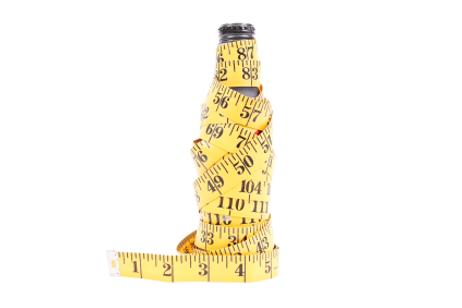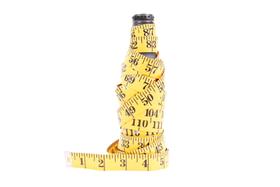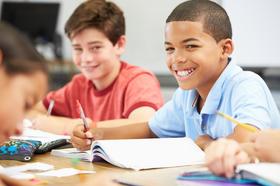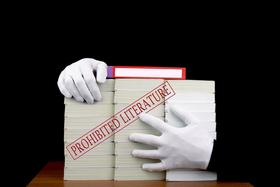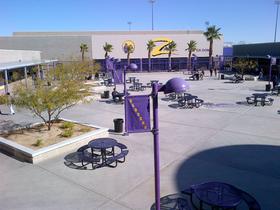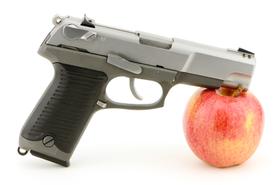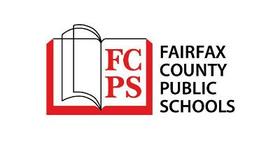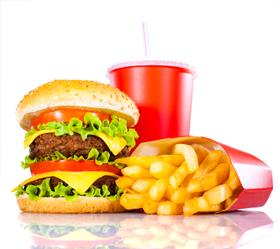Students heading back to school in Fairfax County may be doing so without access to some of the sugary drinks they love most. This large school district is experimenting with a pilot program that bans sugar-filled soft drinks on school property during and after school hours. If the pilot program succeeds, sodas may be removed from schools on a larger, county-wide scale.
Banning “Public Enemy Number One”
The new soda ban follows recent media reports likening soda to “public enemy number one.” Studies continue to support the fact that soda consumption is linked to the obesity crisis in the United States and a host of other potential health problems. A recent report at Fox News cited a study from Mt. Sinai Medical Center in New York City that showed precisely how the body responds to soda consumption.
“The main thing is excess calories,” Dr. Christopher Ochner, assistant professor of pediatrics and adolescent medicine at the Icahn School of Medicine at Mt. Sinai, explained to Fox. “If everything else in their diet is equal, a person who has a can of coke a day adds an extra 14.5 pounds per year, just from the calories alone.”
Ochner adds that some studies have suggested that all calories are not created equal in terms of how the body processes them. Those that come directly from sugar may be more easily turned into fat by the body than calories from other food sources. The fact that soda is drunk and not eaten is also a concern since the calories consumed from drinking a beverage do not give off the same feelings of satiety as food calories. This can lead individuals to consume even more calories in a single sitting.
Concerns have also been raised about soda's high sodium and caffeine content, which can lead to a higher risk of heart disease. Dr. Mary Ann McLaughlin, medical director of the cardiac health program at Mt. Sinai, told Fox that the combination of the two can be dehydrating. This can strain the heart, which requires water replenishment to remain healthy.
Answering the Call
To promote students' health in Fairfax County, the district banned sugary soda drinks at all public schools during the day. However, seven schools are piloting a new program that bans beverages from being consumed for after-school activities. According to the Annandale Patch, those schools participating in the pilot will remove 47 current soda vending machines and replace them with modern, glass-front machines that will dispense healthier beverage choices.
According to NBC Washington, the seven Fairfax County schools to participate in the pilot program include:
- Marshall High School
- Falls Church High School
- Langley High School
- Thomas Jefferson High School for Science and Technology
- Lake Braddock Secondary School
- Chantilly High School
- West Potomac High School
Three schools, Langley, Marshall, and Thomas Jefferson, asked if they could participate in the new pilot program. The rest of the schools were selected as representatives of a cross-section of the district's student body.
The new machines, which will be paid for and installed by Coca-Cola and Pepsi Co., will contain both Coca-Cola and Pepsi products. Selections will include sugar-free sodas, teas, coconut water, V-8 Fusion fruit juice, Propel Zeros, and SoBe Lifewaters. G2 Gatorade products will also be included, despite concerns by other school districts that these sports beverages contain nearly as much sugar as soda pop.
Reason for the Ban
According to a report at the Washington Post, the school district hopes the ban will be another component in its efforts to curb student sugar consumption. By removing sugary drinks during after-school activities, the district wants to cultivate healthier habits for students.
“The goal behind this is to ensure that students are learning ways to be healthy throughout their lives,” Ryan McElveen, a member of the Fairfax school board, told the Washington Post. “Obesity and the health issues raised by soda consumption have been something we’ve been concerned with.”
McElveen said it is unclear whether a district-wide ban would take effect if the pilot program is successful. He explained to the Washington Post that the first goal would be to determine which drinks in the new machines sell particularly well so the machines can be stocked accordingly. If students respond positively to the program, the district will also consider phasing out soda altogether.
The Cost of Health
One concern facing the school district will be the loss of revenue from the machines that will be removed. Half the money made by vending machines in the schools goes back to the schools. McElveen said a long-term ban on a district-wide basis might not be financially sustainable for the county. However, McElveen also told The Connection that the new machines could be just as lucrative for the schools.
“Some schools are wary of the idea since they could potentially lose revenue if students don’t buy enough of the new, healthier products, but I’m confident that they will,” McElveen stated at The Connection. In fact, students at TJ [Thomas Jefferson] requested that we remove all sodas, including diet, from the machines after they did research on their nutrition contents.
Since Fairfax County is one of the largest school districts in the country, other districts will undoubtedly be watching this pilot program with interest to see if full soda bans in schools are the best option.
Questions? Contact us on Facebook. @publicschoolreview

